Premium Only Content
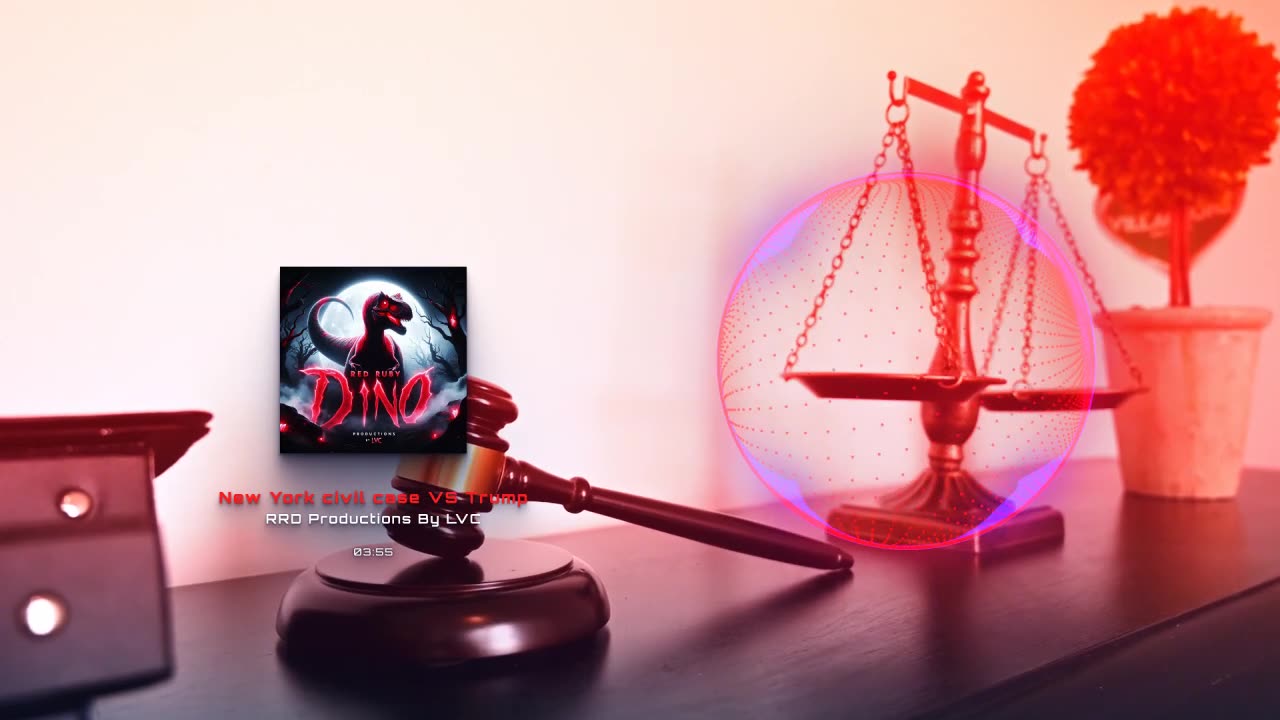
New York civil fraud case against Donald Trump By RRD Productions
Key Areas of Concern in the New York civil fraud case against Donald Trump
Time Allocation and Fairness:
Rule 16 - Pretrial Conferences; Scheduling; Management: This rule outlines that the court must hold conferences to expedite the disposition of the action and establish control to prevent delay. If the defense argues that they were given less time to present their case, it would be important to examine the pretrial orders and management decisions made by Judge Engoron to see if they align with Rule 16’s requirements for fairness and efficiency.
Rule 1 - Scope and Purpose: The rule mandates that the procedures should ensure a just, speedy, and inexpensive determination of every action. Claims of unequal time should be evaluated to see if they compromise these principles.
Objections and Evidence Admissibility:
Rule 43 - Taking Testimony: This rule emphasizes that testimony must be taken in open court unless otherwise provided by law. If the defense's objections to evidence or witness testimony (like that of Michael Cohen) were not adequately considered, it could be a violation of this rule.
Rule 802 - The Rule Against Hearsay: Generally prohibits hearsay unless an exception applies. The judge’s decision to exclude certain hearsay evidence while allowing others must be scrutinized for consistency with this rule.
Witness Credibility:
Rule 609 - Impeachment by Evidence of a Criminal Conviction: Allows attacking a witness’s character for truthfulness by introducing evidence of past criminal convictions. The limitations placed on the defense's ability to discredit Cohen could be compared against this rule to determine fairness.
Expert Testimony Restrictions:
Rule 702 - Testimony by Expert Witnesses: Governs the admissibility of expert witness testimony. The judge’s decision to restrict the defense's expert from testifying on certain legal definitions could be reviewed against this rule to assess whether it was appropriately applied.
Specific Issues in the Transcript
Defense Claims and Judicial Decisions:
The defense argued that an email from Mr. Costello's partner to Mr. Cohen should be admitted for impeachment purposes despite containing hearsay. The judge ruled it as double hearsay, but the defense contended similar evidence was admitted for the prosecution. This decision should be reviewed against Rule 802 and Rule 43 to ensure consistency and fairness.
The judge restricted the defense's expert witness from explaining complex legal terms to the jury, citing Rule 702. The appropriateness of this restriction depends on whether the expert's testimony would have provided necessary context without crossing into legal opinion, which is prohibited.
(Cross-Examination Techniques)
The defense’s extensive cross-examination aimed to discredit Cohen by highlighting his past lies and interactions with prosecutors. Restrictions placed on this cross-examination should be evaluated under Rule 43 and Rule 609 to ensure the defense was allowed sufficient scope to challenge Cohen's credibility.
Reviewing the trial transcript against the Federal Rules of Civil Procedure reveals several areas where the defense's concerns about fairness could be legitimate.
-
 1:50:38
1:50:38
Mally_Mouse
6 hours agoSaturday Shenanigans!! - Let's Play: Mario Party Jamboree
31.3K -
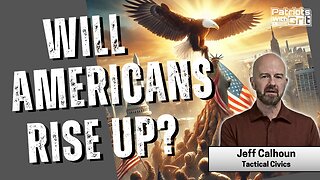 1:13:00
1:13:00
Patriots With Grit
10 hours agoWill Americans Rise Up? | Jeff Calhoun
24.9K10 -
 14:55
14:55
Exploring With Nug
10 hours ago $8.88 earnedWe Found Semi Truck Containers While Searching for Missing Man!
44K7 -
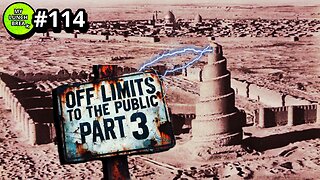 27:57
27:57
MYLUNCHBREAK CHANNEL PAGE
17 hours agoOff Limits to the Public - Pt 3
86.6K57 -
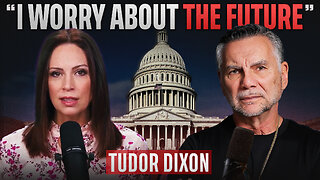 38:07
38:07
Michael Franzese
10 hours agoLeaving Organized Crime and Uncovering Mob in Politics: Tudor Dixon and Michael Franzese
78.6K15 -
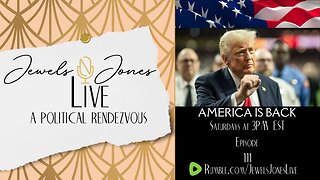 2:42:54
2:42:54
Jewels Jones Live ®
2 days agoAMERICA IS BACK | A Political Rendezvous - Ep. 111
64.3K46 -
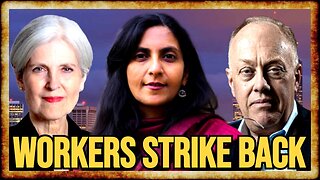 8:47:33
8:47:33
Due Dissidence
1 day agoLIVE: Workers Strike Back Conference ft. Chris Hedges, Jill Stein, Kshama Sawant, and More!
106K56 -
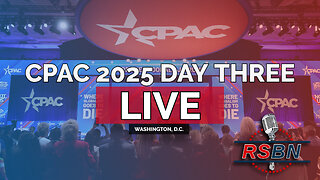 8:36:37
8:36:37
Right Side Broadcasting Network
5 days agoLIVE REPLAY: CPAC 2025 Day Three with President Donald J. Trump - 2/22/25
442K97 -
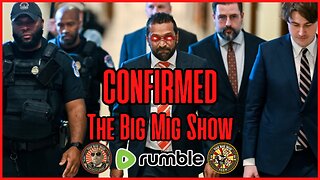 1:05:34
1:05:34
The Big Mig™
18 hours agoConfirmed Kash Patel New FBI Director, Bring On The Pain |EP483
105K28 -
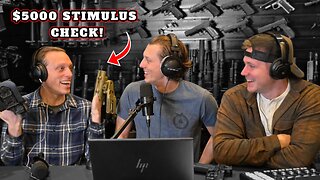 53:59
53:59
Tactical Advisor
14 hours agoThe Vault Room Podcast 009 | Everyone Getting $5000?!
82.7K12